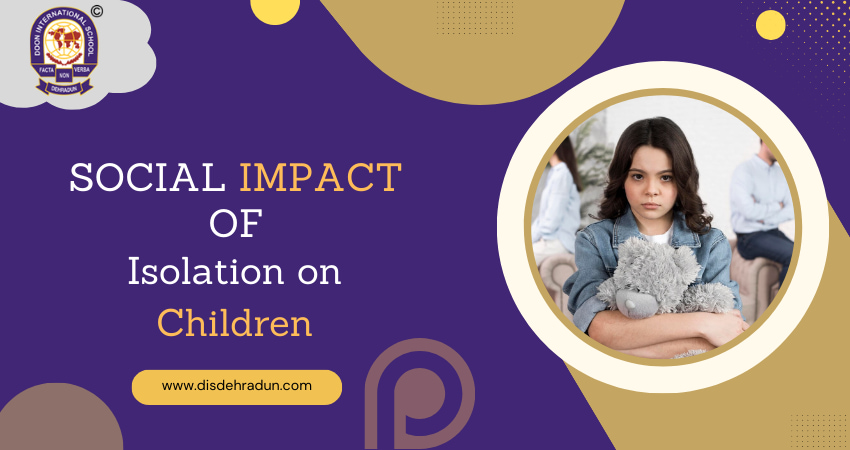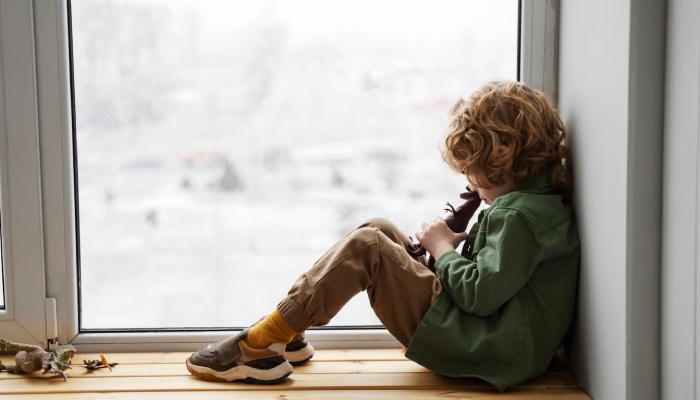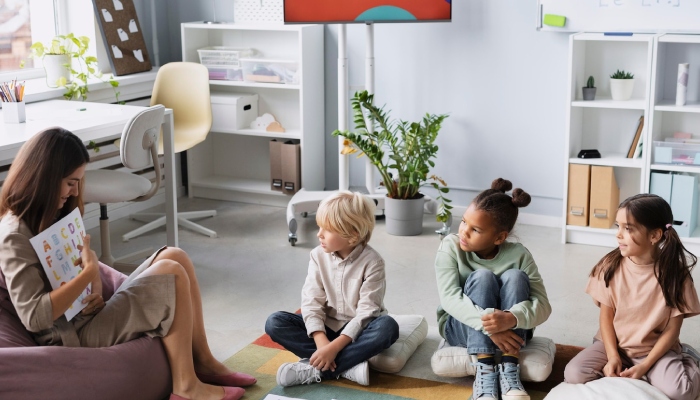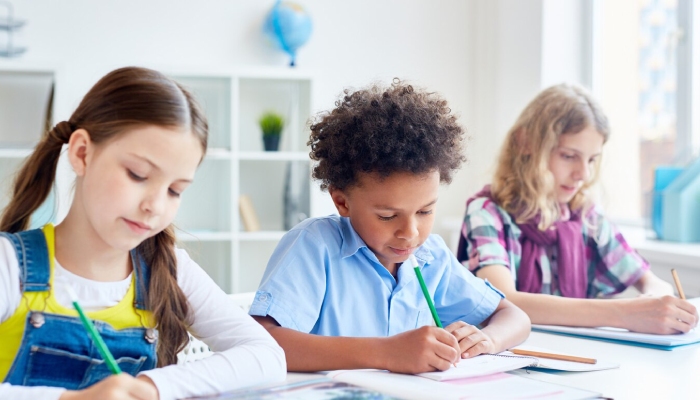Ranked among Top Schools Of Uttarakhand
(Day & Residential)

In recent times, the world has witnessed a significant increase in discussions surrounding the impact of isolation on individuals, and its effects are particularly pronounced in children. This blog aims to shed light on the social impact of isolation on children, delving into the unique context of residential schools in India.

Isolation, whether physical or emotional, can have an overall impact on a kid’s social evolvement. Children, especially those in residential schools, may experience isolation due to various factors, such as being away from family, limited social interactions, or even pandemic-related restrictions.
The consequences of prolonged isolation can extend beyond the immediate circumstances, influencing a child’s social skills, emotional well-being, and overall growth.

Children thrive on social interactions, forming bonds with counterparts, teachers, and family members. In residential schools in India, where students often live away from their families, the absence of regular familial connections can contribute to feelings of loneliness and isolation. Emotional well-being is closely tied to social connectedness, and the lack thereof can lead to stress, anxiety, and even depression in some cases.
Famous schools in Dehradun, known for their academic excellence and diverse student communities, play a vital role in recognizing and addressing the emotional well-being of their students. Making a supportive atmosphere that promotes clear communication and provides avenues for emotional expression is critical to mitigate the impact of isolation on children’s mental health.

Social isolation can hinder the natural development of a child’s social skills. In residential schools in India, where students share living spaces and classrooms, the importance of interpersonal relationships cannot be overstated. Deprived of regular social interactions, children may struggle to develop essential social skills such as communication, teamwork, and conflict resolution.
Famous schools in Dehradun often integrate extracurricular activities, team sports, and collaborative projects into their curriculum to encourage social interaction and skill development. However, the challenges posed by isolation, whether due to external circumstances or internal struggles, necessitate a proactive approach to fostering healthy social skills among students.

Isolation can have a direct effect on a child’s academic performance. In residential schools in India, where the learning environment is often highly structured, disruptions to regular routines and social dynamics can affect a student’s capability to concentrate and encounter in their studies. The emotional toll of isolation may manifest in a reduction in academic inspiration and accomplishment.
Recognizing this, schools in Dehradun prioritize a holistic method of education, handling not only educational but also inspirational and social aspects of a student’s well-being. Implementing support systems, including counseling services and mentorship programs, can help mitigate the negative impact of isolation on academic performance.

Resilience, the ability to bounce back from challenges, is a crucial trait that can be negatively affected by prolonged isolation. Residential schools, especially those in Dehradun, have a responsibility to nurture resilience in their students. Challenges, such as being away from home or facing unexpected disruptions, provide opportunities for personal growth and resilience-building.
Famous schools in Dehradun often emphasize character development and leadership skills as part of their educational philosophy. Encouraging students to face challenges, fostering a growth mindset, and providing a supportive community can contribute to the development of resilience, helping children navigate the social impact of isolation more effectively.

Adequate communication is the foundation of healthy social interactions. Isolation, however, can impede the development of robust communication skills in children. Residential schools in India, with their diverse student bodies, offer a unique platform for students to engage in meaningful dialogue and learn to express themselves effectively.
Dehradun’s famous schools integrate communication skills development into their curriculum, realizing the significance of this aptitude in a child’s personal and professional life. Creating opportunities for public speaking, debates, and group discussions can significantly contribute to enhancing communication skills and mitigating the adverse effects of isolation.
The social impact of isolation on children is a multifaceted challenge that requires attention from educators, parents, and policymakers. In the context of residential schools, particularly the famous schools in Dehradun, it is essential to acknowledge the unique environment in which students live and learn.
By prioritizing emotional well-being, fostering social skills development, supporting academic performance, building resilience, and enhancing communication skills, residential schools in India can play a pivotal role in mitigating the social impact of isolation on children.
Together, educators, parents, and the community can create an atmosphere where kids not only endure but flourish, even in the face of challenging circumstances.